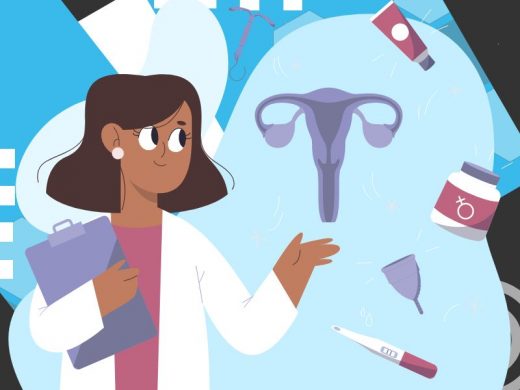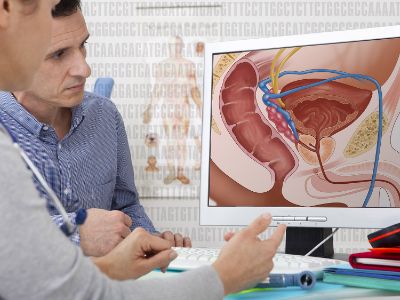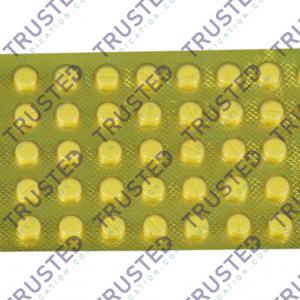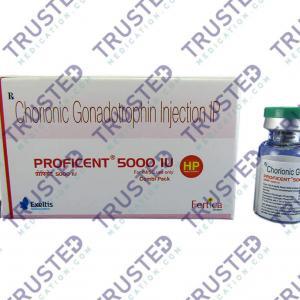
Infertility is generally defined as not being able to get pregnant after a lengthier period of unprotected sex. Because fertility in women is known to decline steadily with age, some providers evaluate and treat women aged 35 years or older after 6 months of unprotected sex. Infertility is typically due to problems. Some problems stop an egg from being released at all, while others prevent an egg from being released during some cycles but not others.
Ovulation problems can be a result of polycystic ovary syndrome or PCOS. Male infertility on the other hand has several causes. Male infertility means a man is not able to start a pregnancy with his female partner due to a lack of or not enough sperm or healthy sperm production. You may have a genetic problem like cystic fibrosis. You may have a blockage in your genital tract.

Symptoms of Infertility in Female
- The main symptom of infertility is not getting pregnant. It also comes along with;
- Abnormal periods. Your menstrual flow is heavier or lighter than usual.
- Irregular periods. The number of days in between each period varies each month.
- No periods. You have never had a period, or periods suddenly stop.
- Painful periods. Back pain, pelvic pain, and cramping may happen.
Visit your doctor if:
- You are age 35 or more and still trying to conceive
- You have irregular, absent, and painful periods
- Inform your doctor if you have known infertility problems
- You have endometriosis or pelvic inflammatory disease
- You have multiple miscarriages
- Have undergone treatment for cancer
Symptoms of Infertility in Men
- Difficulty with ejaculation and other problems with sexual function
- Small volumes of ejaculated fluid
- Reduced sexual desire
- Trouble in maintaining an erection
- Erectile dysfunction
Men should talk to a health care provider if they have:
- Pain and swelling in the testicle area
- A low sperm count or other problems with sperm
- A history of testicular, prostate, or sexual problems
- Undergone treatment for cancer
- Small testicles or swelling in the scrotum
- A family history of infertility problems

How to Diagnose Infertility?
Your doctor will perform a pelvic exam. Using imaging tests or ultrasounds, your doctor can check your ovaries and uterus, and give you a blood test to check your hormones. Tracking your ovulation patterns by checking your cervical mucus, taking your temperature, or using home ovulation tests can also help with the diagnosis.
Treatments for Infertility
Infertility treatment depends on what is causing the condition, age, and personal preferences. Some doctors recommend reproductive technology. There are also products that both men and women can use to treat infertility. Try the HCG injections. You can choose any of the following:









